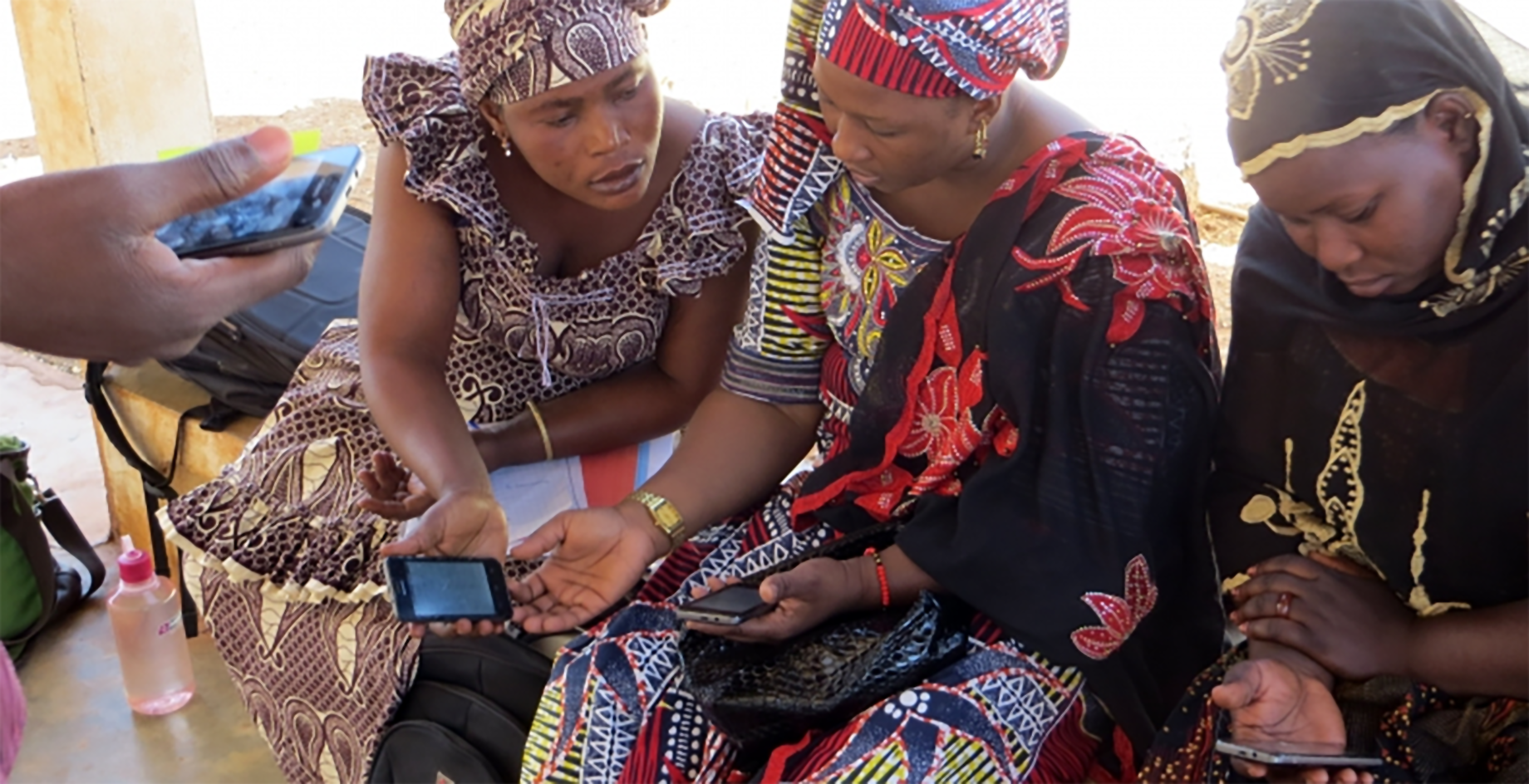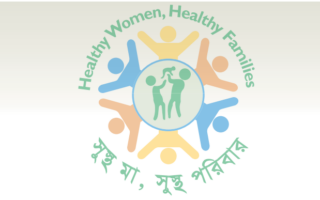
Frontline health workers are often the first and only link to essential health services for millions of people worldwide, particularly those living in remote or rural areas. Recognized as critical agents of change at the community level, frontline health workers can have a positive impact on reproductive health and family planning services, HIV care and treatment, appropriate care-seeking, antenatal care during pregnancy, and skilled care for childbirth.
It is estimated that 77 percent of maternal, perinatal, neonatal, and child deaths could be averted if comprehensive and evidence-based community interventions reached all who need them.
Despite progress made to increase access to quality health care by bringing services directly to hard-to-reach populations, most countries lack official statistics on the performance of frontline health worker programs and do not have standardized training, skills, or defined functions.
Coordinating performance metrics across diverse health worker programs is essential to ensuring effective frontline healthcare models, advocating for improved programs, and supporting their scale-up.
The Population Council and partners examine effective ways of measuring the performance of frontline health workers to fully realize their potential and accelerate progress toward universal health coverage. The project identifies and harmonizes performance metrics and research on effective primary healthcare models, and promotes the use of evidence in frontline health worker programming.
The global measurement, learning, and evaluation of frontline healthcare service delivery includes:
- Developing a core set of metrics and facilitating data-sharing across community health partners and ministries of health;
- Building in-country capacity for the adoption and routine use of metrics; and
- Identifying pathways to scale-up for successful frontline health worker program models in diverse country contexts.
Research explores the perspectives of frontline health workers and other stakeholders on how data can be used within countries to improve strategies for integrating locally relevant performance metrics into global frameworks. The potential support of mobile devices and technology and factors affecting scale-up and sustainability also are explored.
Strengthening and expanding the evidence base on high performance models for scaled frontline health worker initiatives is imperative at policy and program levels. The evidence generated from this project shapes shared performance metrics, promotes effective frontline healthcare delivery models for replication, and clarifies pathways to scale.
Through participatory processes and prompt dissemination in local, national, and global fora and publications, this new knowledge informs policymakers, program managers, and donors seeking to understand the best mechanisms for institutionalizing frontline health workers within health systems and support improved access to health care among hard-to-reach communities.




